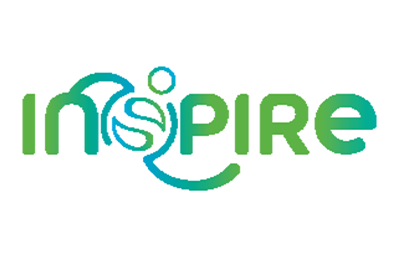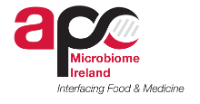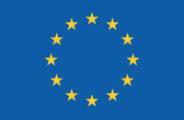Natalia Diaz Garrido
Research Interests
Research title: Phage Adhesion to Dairy Streptococci (PhADS)
Project objectives
- To define the diversity of saccharidic receptors through genetic and biochemical analysis of the diversity of the cell wall polysaccharide gene clusters and their encoded structures among a broad collection of thermophilus strains
- To identify the diversity and precise role and importance of phage-encoded carbohydrate-binding proteinsthat form part of the adhesion device of representative S. thermophilus phages
The proposed project PhADS, is an ambitious project that aims to elucidate the specific nature of the saccharidic receptors recognised by Streptocococcus thermophilus phages through a combined genetic and biochemical approach. The generated knowledge will allow tools to be developed for the rapid classification of dairy streptococcal strains and to link these to phage sensitivity predictions. Ultimately, this will allow starter culture producers to provide rational strain selections, rotations or blends to the dairy industry, limiting phage proliferation in the fermentation environment. In turn, this will reduce the phage problem to manageable and predictable levels, reduce the amount of food waste and down-graded products thereby increasing food quality and security.
Global societal challenge that you are tackling:
In 2019, almost 7.9 billion litres of milk and 300,000 tonnes of cheese were produced in Ireland while in the same year, Irish dairy exports were valued at €4.4 billion with cheese accounting for €998 million of these exports (Bord Bia dairy sector profile). It is estimated that 16% of dairy products, equating to 116 m tonnes, is lost or wasted globally each year with almost half of this waste being generated before the products arrive at retail outlets. Therefore, it is imperative to develop strategies to reduce waste and increase the sustainability of (fermented) dairy food production as a matter of urgency. The ever-increasing volumes of milk being produced since the abolition of the milk quotas in the EU in 2015 highlights the consistent need for improvements and innovation to maintain Ireland’s excellent dairy reputation on international markets.
The project aims at developing novel tools to reduce the amount of food waste, therefore tackling the UN Sustainable Development Goal (SDG) 12 to “Ensure sustainable consumption and production patterns” and particularly target 12.2. “Achieve the sustainable management and efficient use of natural resources; 12.5 “by 2030, substantially reduce waste generation through prevention, reduction, recycling and reuse< and 12.6 “encourage companies, especially large and transnational companies, to adopt sustainable practices and to integrate sustainability information into their reporting cycle”.




